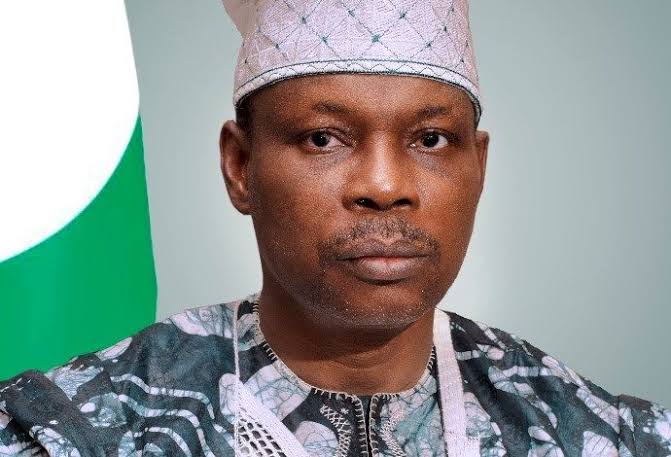In a startling revelation, the Federal Government has disclosed that 25% of Nigeria’s population—amounting to over 50 million people have one form of disability or another. This revelation came during the commemoration of the 2024 International Day of Persons with Disabilities (IDPD), held in Abuja on Monday.
Themed “Amplifying the Leadership of Persons with Disabilities for an Inclusive and Sustainable Future,” the event was organized by the Federal Ministry of Health and Social Welfare. It served as a platform to shed light on the challenges faced by Persons with Disabilities (PWDs) and highlight opportunities to enhance their inclusion in society.
Startling Numbers Demand Urgent Action
Delivering the keynote address, the Minister of State for Health and Social Welfare, Dr. Iziak Salako, shared figures that underscore the urgency of addressing disability issues in Nigeria. He noted that Nigeria is home to 29% of Africa’s estimated 84 million persons with disabilities, with over half of the nation’s 25 million PWDs being women. Additionally, 3.6% of the population suffers from chronic conditions that significantly hinder their daily activities.
“These statistics are not just numbers; they represent millions of lives, dreams, and aspirations that are often stifled by systemic barriers, societal stigma, and lack of adequate support,” Dr. Salako said.
Disability and Development: A Call for Inclusion
The Minister emphasized that achieving an inclusive and sustainable future is impossible without integrating disability inclusion into all aspects of national development. Highlighting the intersectionality of disability with gender, age, and socioeconomic challenges, Dr. Salako said, “Disability inclusion is not just a moral obligation; it is critical to achieving the Sustainable Development Goals and creating a thriving, equitable society.”
To this end, the Ministry has taken steps to ensure PWDs are not left behind. These include the formulation of the National Policy on Sexual and Reproductive Health for Women and Girls with Disabilities and the inauguration of the National Steering Committee on Disability-Inclusive Healthcare. Dr. Salako stressed that these initiatives aim to address the unique health needs of PWDs and ensure equitable access to healthcare services.
Barriers and Opportunities for PWDs in Nigeria
The IDPD celebration also brought to light the multifaceted barriers faced by PWDs, ranging from stigma and discrimination to limited access to education, employment, and healthcare. Women with disabilities, in particular, bear the brunt of these challenges, as they face a triple jeopardy of gender, disability, and poverty.
Stakeholders at the event emphasized the need to amplify the voices of PWDs, ensuring their leadership in shaping policies and programs that affect them. “Amplifying the leadership of persons with disabilities is not just about representation; it is about empowerment and recognizing their potential as agents of change,” Dr. Salako remarked.
A Unified Commitment to Disability Inclusion
The event culminated in a shared resolve among stakeholders to improve accessibility, eliminate stigma, and prioritize the needs of PWDs in policy and program implementation. Dr. Salako called on government agencies, civil society organizations, and the private sector to work collaboratively to break down barriers and create a more inclusive Nigeria.
The IDPD celebration also featured panel discussions and presentations from experts, activists, and PWDs, who shared insights on the way forward. Universal health coverage, equitable education, and increased employment opportunities were identified as critical areas requiring immediate attention.
The Road Ahead
While the event highlighted Nigeria’s progress in disability inclusion, it also served as a sobering reminder of the work that remains. “The 2024 IDPD is not just a day of reflection; it is a call to action. We must move beyond tokenism and implement transformative solutions that address the root causes of exclusion,” said a representative from the National Commission for Persons with Disabilities.
As Nigeria continues its journey toward inclusion, stakeholders are hopeful that the momentum generated by the 2024 IDPD will translate into tangible actions that improve the lives of millions of PWDs across the country.


